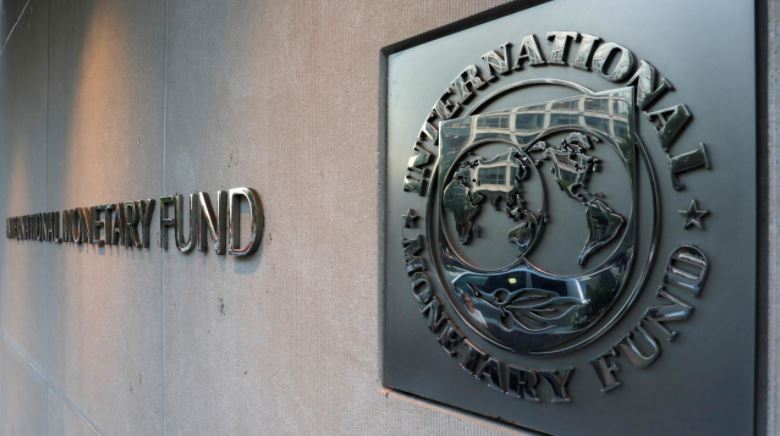×
The Standard e-Paper
Fearless, Trusted News

The Sh262 billion loan agreement that Kenya has signed with the International Monetary Fund (IMF) can be both a blessing and a curse. It will depend on what the Government of Kenya wants it to be.